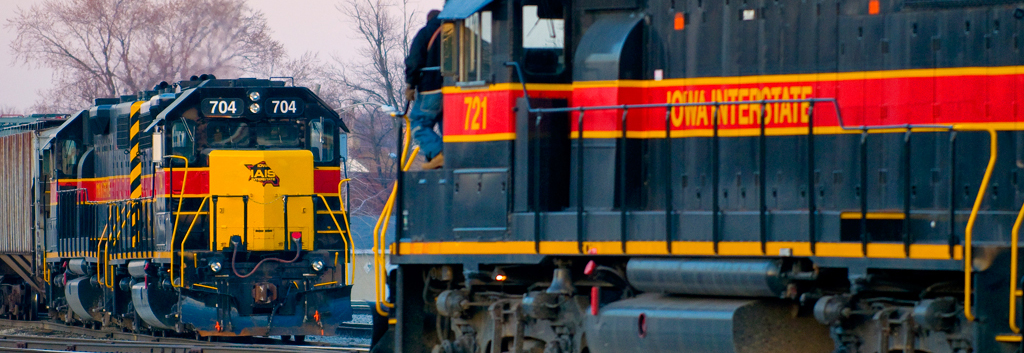
Short Line Operations & Service Planning
Due to the thinner operating margins of Short Lines as compared to Class I railroads, optimizing labor and asset utilization is one of the key components of an economically sustainable Short Line railroad. With experience assisting clients of all sizes, RLBA is experienced in providing Short Lines with comprehensive operations and service planning analyses. Services include analysis and optimization of current operations, relevant cost forecasting, operating agreement review and assessment of third-party railroad interactions.
Select Project Descriptions:
METROPOLITAN TRANSIT SYSTEM:
RLBA was engaged to facilitate the exchange of ideas and the recommendation of interchange and operating agreements it deemed critical to the reactivation of the currently dormant “Desert Line,” which MTS owns and leases to the upstart Pacific Imperial Railroad from Plaster City, CA to the international boarder at Division, CA. Once in Mexico, the remainder of the railroad to Tijuana is operated by Baja California Railroad (BJRR). Successful reactivation of the railroad would require close cooperation between the two railroads. After an extended period of limited progress made by PIR and BJRR, both parties entered into a Memorandum of Understanding (MOU) with the stated goal of timely implementing an Operating and Interchange Agreement. MTS sought to capitalize on the improved environment by engaging RLBA to help further the goals of the MOU. To that end, several RLBA staff members, spent a week on-site in San Diego to both meet with PIR, BJRR and MTS managements, as well as to inspect the railroad physically. After considering the information gathered during the week in San Diego, the RLBA staff used its collective and extensive knowledge of railroad industry and the circumstances on the ground in subject territory to produce recommendations jointly to PIR, BJRR and MTS as to how the Desert Line could be operated successfully.
TONGUE RIVER RAILROAD:
RLBA assisted Great Northern Properties (GNP) investigate an investment or partnership in the construction of the 117-mile Tongue River Railroad in Montana and Wyoming, a planned railroad to access additional coal reserves in the northern part of the Powder River Basin to serve as a short cut by BNSF Powder River Basin coal trains headed to/from Northern Plains and Midwest locations. Specifically, RLBA evaluated:
- whether the Tongue River Railroad (TRR) was worthy of GNP investment;
- the best means of communicating to TRR’s developers that their best interest lay in aligning their interests with those of GNP;
- how GNP’s interest in the TRR could best be protected, given that TRR’s financial performance will be extremely dependent on the cooperation of BNSF; and
- what strategic alternatives/options are available to GNP relative to rail development in the Tongue River Valley.
